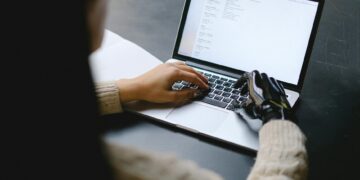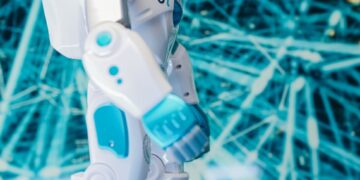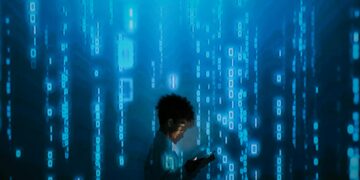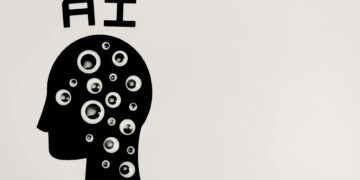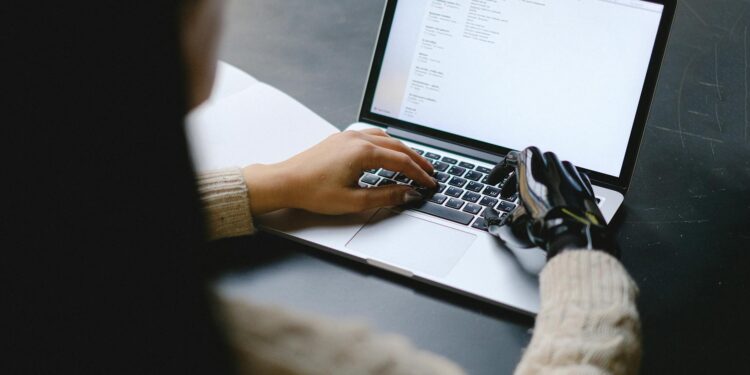As artificial intelligence rapidly permeates every corner of our existence, from powering personalized recommendations to revolutionizing medical diagnostics, the conversation has fundamentally shifted. No longer are we merely marveling at its immediate capabilities or debating its current impact; instead, we confront a more profound, existential challenge. The true query isn’t what AI can accomplish, but rather how humanity will collectively adapt and thrive within a world fundamentally reshaped by its omnipresent, evolving influence. This article will delve into the critical dimensions of this societal adaptation, examining the evolving nature of human work, the imperative for continuous learning, the ethical frameworks required, and the broader transformations we must proactively embrace.
Redefining the human-machine partnership
The initial apprehension surrounding AI often centered on job displacement, a fear that machines would simply replace human labor. While automation will undoubtedly streamline and take over many routine tasks, the deeper truth lies in the redefining of the human-machine partnership. We are moving beyond simple replacement towards augmentation, where AI acts as a powerful co-pilot, enhancing human capabilities rather than solely substituting them. This shift demands a radical rethink of our skills and competencies. Instead of focusing on tasks that AI excels at – data processing, pattern recognition, repetitive execution – humans must cultivate what AI currently cannot replicate: profound creativity, critical thinking, complex problem-solving, emotional intelligence, and interpersonal communication. Our role transforms from mere executors to strategists, innovators, and overseers, leveraging AI as a tool to achieve unprecedented levels of productivity and insight.
| Skill category | Traditional focus (pre-AI) | AI-augmented focus (future) |
|---|---|---|
| Cognitive | Routine calculation, data processing, factual recall | Critical thinking, synthesis, abstract reasoning, AI prompt engineering |
| Interpersonal | Basic communication, teamwork, conflict resolution | Emotional intelligence, empathy, cross-cultural collaboration, ethical AI oversight |
| Technical | Domain-specific tools, basic software operation | AI literacy, data analysis, cybersecurity, machine learning fundamentals, human-AI interface design |
The evolution of education and lifelong learning
If the future demands a new set of human capabilities, our educational systems must undergo a fundamental transformation. The traditional model of front-loaded education, where learning largely concludes upon graduation, is no longer viable. In a world where AI continuously evolves and reshapes industries, lifelong learning becomes not just an advantage, but a necessity. Schools and universities must shift their focus from rote memorization to fostering adaptability, critical inquiry, and creativity. Emphasis should be placed on developing “learning how to learn” skills, digital literacy, and the ability to collaborate effectively with AI systems. Furthermore, adult education and corporate training programs will need to be agile, offering continuous reskilling and upskilling pathways to ensure workforces remain relevant and adaptable to emerging technologies. AI itself can play a crucial role here, offering personalized learning experiences tailored to individual needs and pace, making continuous education more accessible and effective.
Ethical frameworks and societal governance
As AI’s capabilities expand, so too do the ethical complexities and societal risks. Adapting to an AI-driven world isn’t just about individual skill sets; it’s about establishing robust societal governance and ethical frameworks. We must proactively address critical issues such as algorithmic bias, ensuring AI systems do not perpetuate or amplify existing human prejudices. Data privacy and security become paramount, requiring stricter regulations and transparent practices. Questions of accountability for AI actions, the prevention of autonomous weapon systems, and the potential for deepfakes and misinformation demand urgent attention. Governments, industry leaders, and civil society must collaborate to develop comprehensive policies, international agreements, and ethical guidelines that ensure AI serves humanity’s best interests, promotes fairness, and upholds fundamental human rights. This includes ensuring equitable access to AI’s benefits, preventing a new form of digital divide.
Economic shifts and the future of work
Beyond individual job roles, AI is poised to fundamentally reshape entire economies and the very concept of work. While some jobs will be automated, new industries and job categories will undoubtedly emerge, demanding foresight and strategic investment. We may see a shift towards a “human-in-the-loop” economy, where AI handles routine tasks, freeing humans to focus on innovation, strategic oversight, and tasks requiring high levels of human judgment and empathy. This profound economic restructuring will necessitate careful consideration of wealth distribution, social safety nets, and potentially new economic models, such as universal basic income, to ensure societal stability and equity. Businesses must adapt by cultivating an AI-literate workforce, redesigning workflows to integrate AI seamlessly, and fostering a culture of innovation and continuous adaptation. The future of work will not be about avoiding AI, but about intelligently leveraging it to create more fulfilling and productive human endeavors.
The integration of AI into our daily lives is not merely a technological advancement; it represents a societal inflection point demanding profound adaptation. We have explored how this requires a redefinition of human skills, emphasizing creativity, critical thinking, and emotional intelligence in partnership with AI. We have seen the imperative for educational systems to transform into engines of lifelong learning, fostering adaptability and digital literacy. Crucially, the journey demands robust ethical frameworks and proactive societal governance to mitigate risks like bias and privacy breaches, ensuring AI serves humanity’s collective good. Finally, the economic landscape will fundamentally shift, necessitating innovative approaches to work, wealth distribution, and business strategy. The real question is not what AI can do, but how we, as a global society, will courageously and collaboratively adapt to build a future where human ingenuity and AI capabilities converge to create a world that is not only technologically advanced but also just, equitable, and thriving.


